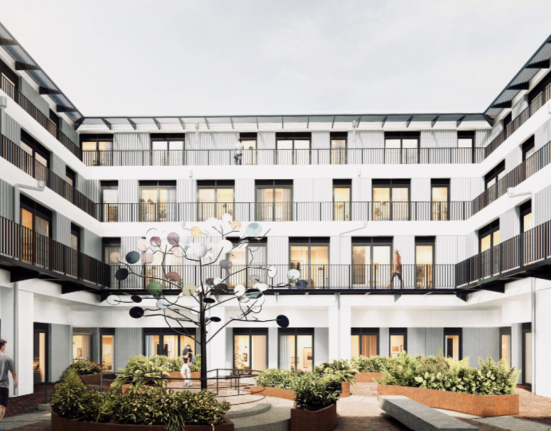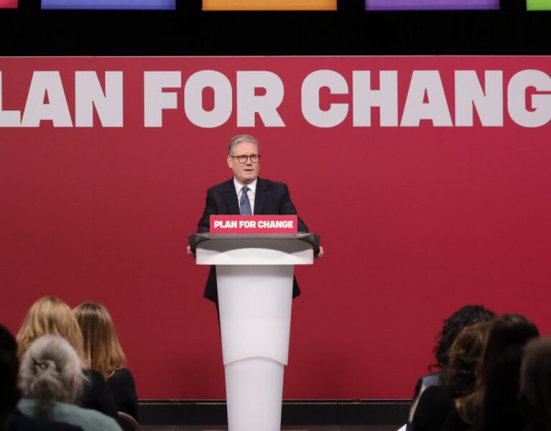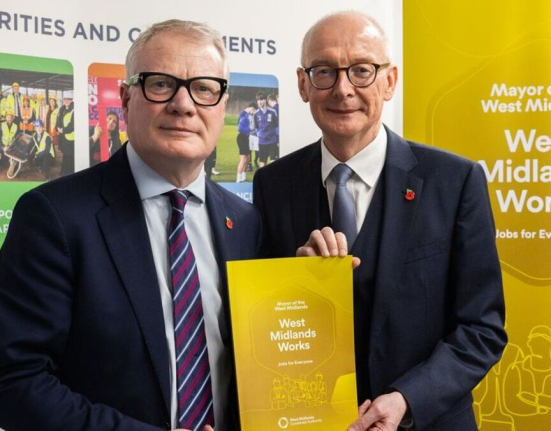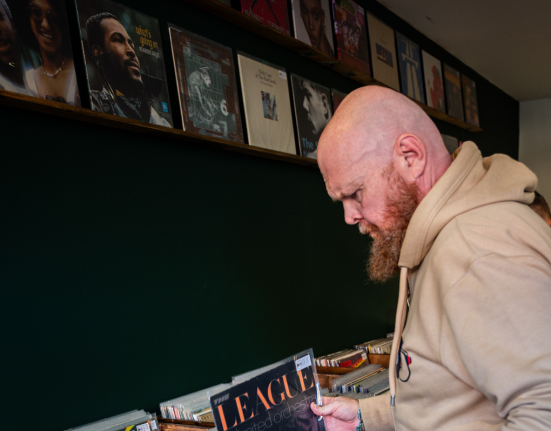From rejection to reconsideration
Three years after condemning the UK’s proposal to relocate asylum seekers to Rwanda, the European Union is showing a marked change in tone.
With nationalist and right-leaning parties gaining ground in several member states, the idea of processing asylum claims in third countries – once seen as incompatible with EU values – is now being openly embraced by influential governments.
Danish migration minister Kaare Dybvad, whose country currently holds the rotating EU presidency, described “broad support” for the concept among major states, including Germany, France, Poland and Italy.
Copenhagen itself had pursued a Rwanda plan before abandoning it in 2023 amid domestic political opposition.
Germany’s change in approach
Germany, which a decade ago welcomed refugees under Angela Merkel’s “Wir schaffen das” banner, has shifted towards more restrictive measures following a rise in anti-migrant sentiment and several violent incidents involving migrants.
The country’s interior ministry has voiced support for “third-country models” that would see asylum seekers housed outside the EU while their cases are considered or while awaiting deportation.
Other countries once regarded as migrant-friendly, such as Luxembourg, have moved in the same direction after political changes brought right-leaning parties to power.
Italy’s contested Albania plan
Italy’s government, led by Prime Minister Giorgia Meloni, has sought to establish migrant reception and processing centres in Albania.
The arrangement was intended to handle asylum claims offshore, but legal challenges forced Rome to repurpose the facilities for those awaiting deportation. Limited numbers have been transferred there, and many were later returned to Italy before removal – prompting concerns over cost and efficiency.
The European Commission has signalled willingness to make such plans workable by proposing an EU-wide list of “safe” countries, allowing transfers even without prior connections to those states. This could reopen the door to Italy’s original scheme.
Exploring new partnerships
Beyond Albania, other European nations are exploring similar agreements. Germany has held talks with Rwanda about a potential deal modelled on the abandoned UK arrangement, though legal obstacles remain. The Netherlands has discussed establishing a “transit hub” in Uganda – a move that has drawn criticism given Uganda’s severe anti-LGBT+ laws.
Dybvad has suggested that suitable locations would be “stable countries” in North Africa or other regions with secure governance. The EU already funds migration control efforts in Tunisia and Libya, despite repeated allegations of human rights abuses in both.
Criticism from rights advocates
Human rights organisations argue that outsourcing asylum processing undermines the principles on which the EU was founded and risks enabling abuses.
Amnesty International has warned that such policies are both costly and impractical, accusing governments of prioritising political messaging over workable solutions.
Critics point to evidence that reducing departures from one location – as with Tunisia this year – often shifts migration routes elsewhere, such as to Libya. They argue that paying authoritarian governments to deter migration can harm not only migrants but also the host countries’ own citizens.
Political drivers and legal hurdles
Supporters of externalisation argue it will deter irregular arrivals and break the business model of people-smuggling networks. But legal rulings have complicated implementation. The UK’s Rwanda plan was struck down by its Supreme Court over safety concerns, and Italy’s “safe country” designation was recently challenged by the EU’s top court.
Despite these setbacks, momentum within the EU appears to be building. Proponents see the approach as a necessary evolution of asylum policy; opponents see it as a dangerous departure from humanitarian obligations.
As Europe’s political landscape shifts further right, the debate over offshore asylum processing is likely to remain at the forefront of migration policy – and a test of how far the bloc is willing to go in redefining its commitments to refugees and international law.







